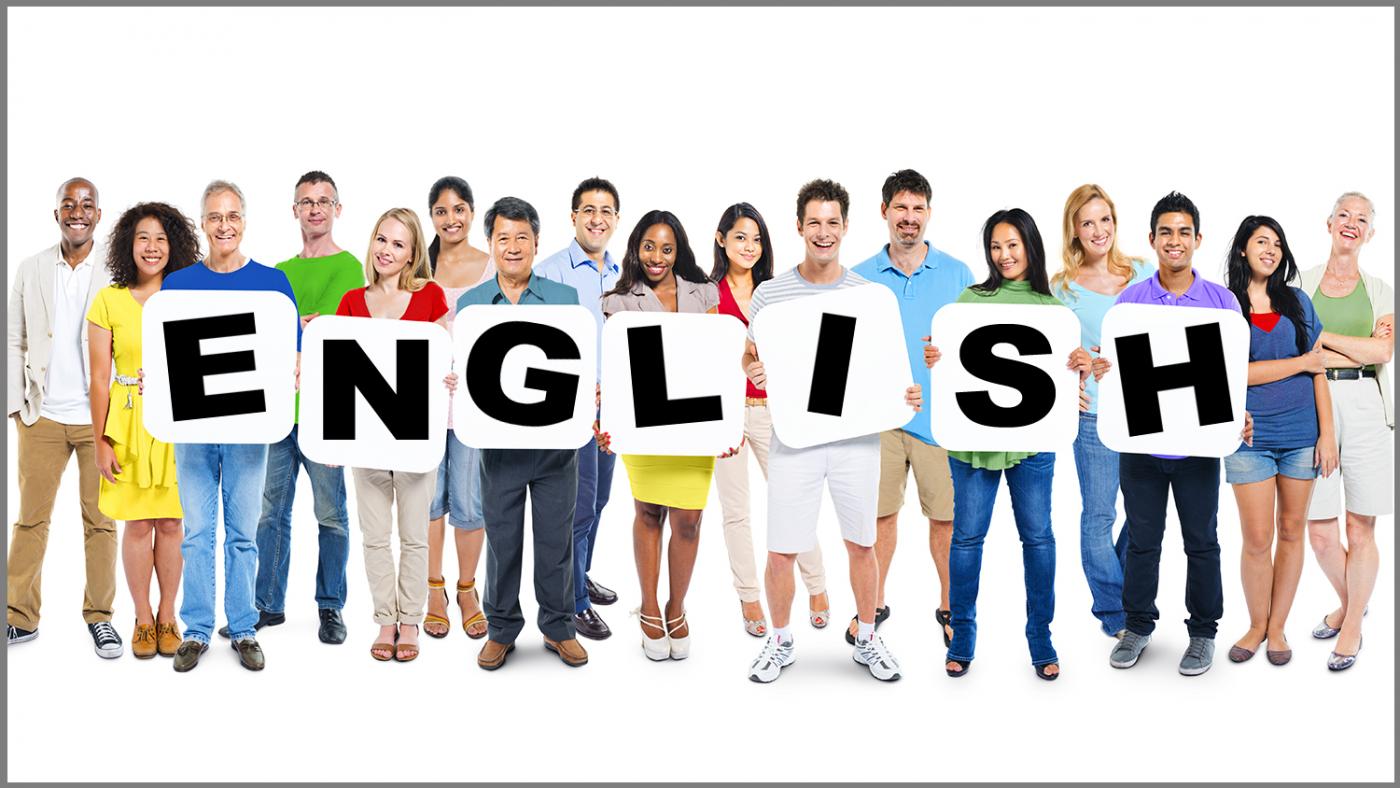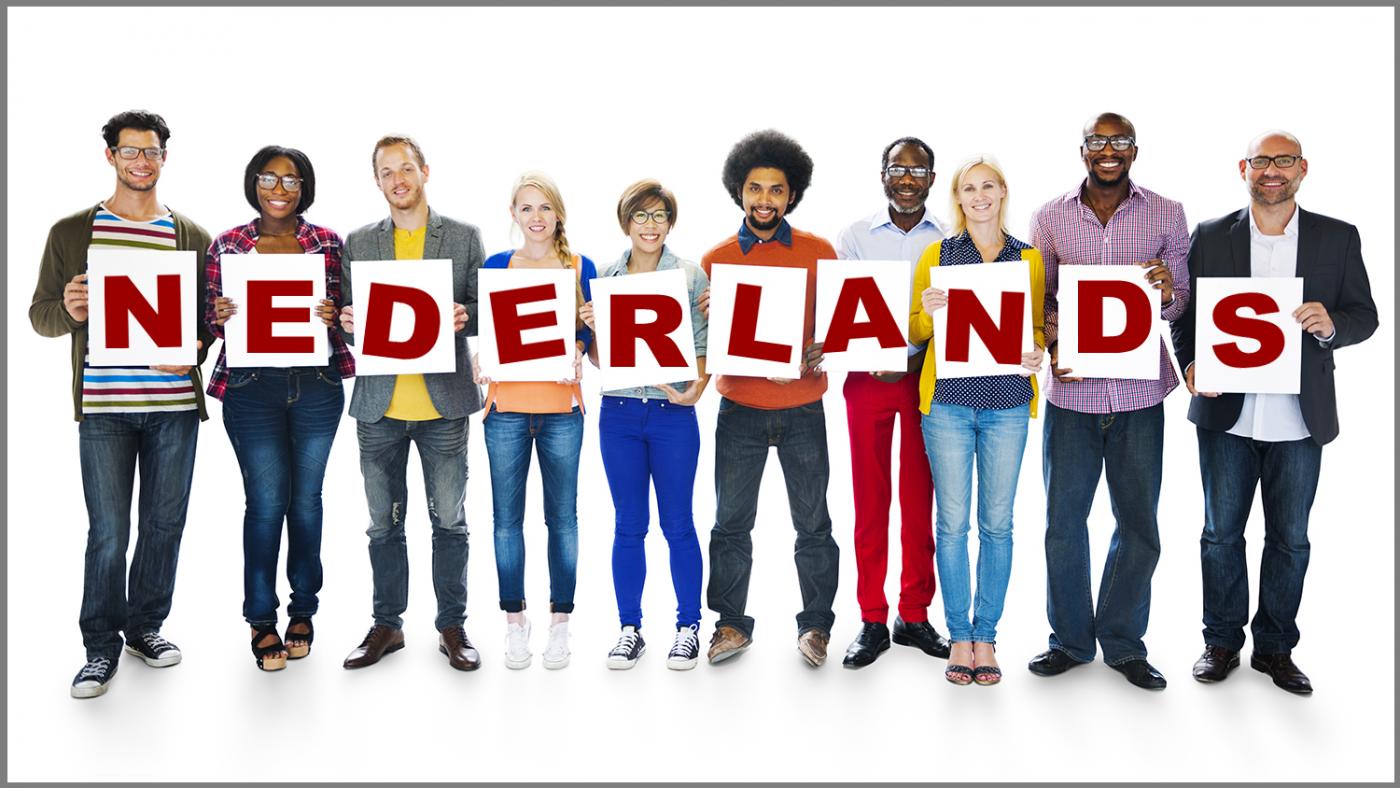Internationalisation in question, part 2
‘English and Dutch should have an essential and equal status’

When a non-English speaking country greatly expands its offer of English-taught degrees in just over two decades, that doesn’t come without controversy. Although it’s hard to say for sure when this discussion began (the oldest article on the topic on DUB’s digital archive dates from 2011), it keeps emerging again and again, sometimes in quite strong terms.
“An English-speaking university is a middle finger to society,” wrote Josse de Voogd, a former teacher at the University of Amsterdam (UvA), in an op-ed for the university’s news site Folia in 2017. In his view, anglicisation distances the university even more from the average citizen as it becomes an exclusive space for a hypermobile cosmopolitan minority. Besides, he doesn’t think that anglicisation equals real internationalisation anyway. “One does not learn about another country on an international campus. To do that, one must speak the local language and get in touch with all societal groups.”
In another article, published by the national newspaper De Volkskrant in 2020, Maastricht University lecturers René Gabriëls and Robert Wilkinson – who, together, wrote a book called The Englishization of Higher Education in Europe (pdf) – wonder at what cost Dutch higher education has reached its top position worldwide. One of these costs would be students’ skills in their own mother tongue. “When Dutch students send me emails, I’m shocked at their command of the Dutch language,” Gabriëls is quoted as saying. This potential consequence isn’t exclusive to the Dutch: the article also mentions a German student in Maastricht who says she feels comfortable using German to talk to her friends and order a loaf of bread, but explaining the content of her university courses would be a bit harder because she learns all the terms related to her field in English.
“The language in which you’re reading this op-ed”, writes UvA student Arthur Wiggers in Dutch for the newspaper Het Parool in 2021, “is steadily disappearing from academia to accommodate international students. (...)It is time for a policy that protects our language against overdriven and non-inclusive internationalisation.”

Even more demanding
Rick de Graaff, Professor of Foreign Language Methodology and Bilingual Education at UU, doesn’t think that Dutch is inherently being threatened at universities with a large international student population. “It is a pretty strong language.” He does, however, think it would be a shame if local students would no longer have the opportunity to develop their academic language proficiency in Dutch. “I’m really happy to be part of a university where, at least at the Bachelor’s level, the vast majority of programmes are taught in Dutch.”
In his view, both English and Dutch should have “an essential and equal status” at the university. He is in favour of providing certain courses in Dutch as part of English-taught programmes and vice-versa. “It’s nice to have heterogeneous groups but it’s also beneficial to have specific instances in which Dutch students process a certain knowledge by discussing and writing in their mother tongue. That’s something that hasn’t been implemented a lot but would help move beyond this ‘either-or’ discussion.”
He observes that learning an academic subject in a language other than one’s mother tongue is more demanding for students and lecturers alike. After all, both teaching and learning require the acquisition of new academic knowledge, terminology and conceptualisation. Doing so in a second language takes more effort. “It’s not just about learning the language but you also need the language to learn,” he says. To De Graaff, the English skills of Dutch lecturers who have to teach in that language “might be sufficient to attend conferences and the like but they might not be fluent and flexible enough to support students in this journey”. That’s a point stressed by many critics, who are afraid that the quality of education might be hindered by students and lecturers not being able to express themselves with nuance.

But the challenges go beyond language, De Graaff underscores. For example, lecturers must not only deal with variations in English language proficiency and academic language proficiency but also with cultural differences and differences in the secondary or higher education systems that students come from. “This leads to implicit expectations about what to expect from the teacher, about what a good essay structure is, or about what an experimental research report demands.”
That’s why he believes that universities should provide teachers with intercultural support and teaching methodology courses. “And that shouldn’t be an extra burden to be taken during the weekend but rather integrated into professional development programmes. That way, they would really reach a higher level and benefit from the international academic community.” He thinks that students could equally benefit from cultural awareness training as well as accessible or mandatory English and Dutch language courses.
Two worlds apart
Despite the heated debate in the media and politics, over 60 percent of Dutch students are not really bothered by the use of other languages in classes and study materials, according to a recent survey conducted by the Dutch Language Union, the regulatory institution that governs issues regarding the Dutch language.
But not being bothered is one thing. Actually feeling comfortable using English inside and outside the classroom is an entirely different matter. Although the Netherlands is the world’s leader when it comes to the number of people who speak English as a second language, this doesn’t mean that all Dutch students feel confident in their skills. Ten years ago, a survey of 914 Bachelor’s students at UU, conducted by the OER Foundation, revealed that nearly 13 percent do not deem their writing skills in English to be adequate for the programme they are following. Now, in 2023, the university is re-evaluating the admission requirements for English-taught programmes as lecturers have noticed again and again that there are students who look uncomfortable when they have to express themselves in English. Even when they do feel comfortable enough, that doesn’t mean that they prefer speaking English over their mother tongue after class is dismissed or at home with their roommates: according to a survey by the Erasmus Student Network, 57 percent of international students in the Netherlands have encountered ads saying “no internationals” or “Dutch only” when looking for a room. And that’s a reality that many international students simply aren’t expecting.

“When these programs are advertised abroad to recruit people, they promise that you do not need to learn Dutch. ‘Everybody speaks English in the Netherlands,’ they say. Then the students come here and they are expected to learn a language they never intended to learn,” says a DUB reader in the comment section of a recent article.
This perceived dissonance between the university’s cosmopolitan image abroad and the reality of a centuries-old Dutch institution is a common complaint. Silvia Seixas Lopes, from Portugal, who is pursuing a Master’s in Sustainable Development at UU after getting her undergraduate degree in Global Sustainability Science, feels that way too. In her view, the university’s website, social media and marketing materials are not transparent about the language barrier and how it can affect students’ social lives.
“Dutch students only hang out with Dutch students and internationals only hang out with internationals. Even when there is an event that brings everyone together, they just start speaking Dutch amongst themselves. During my Bachelor’s, I only had one Dutch friend,” says Silvia. The latest International Student Survey indicates that 49 percent of foreign students in the Netherlands would like to have more “social contact” with Dutch students. In a recent, non-representative survey of UU students conducted by Philosophy, Politics & Economics (PPE) students, nearly 60 percent of Dutch respondents said they didn’t have any international friends.
But it looks like it’s not just international students who get frustrated about Dutch students not making an effort to speak English. The opposite is also true. In that same comment section mentioned above, a Dutch student wrote: “You were here for three years and you didn’t learn Dutch? I studied in a Spanish-speaking country and I made sure I spoke the language before I even went there.” To another reader, pursuing a Bachelor’s here and not learning any Dutch “shows an astonishing lack of interest in your surroundings”. A third one adds: “Why is everyone so surprised that we speak our own language too?”
The Dutch Minister of Education, Robbert Dijkgraaf, proposes to address this situation by making Dutch courses mandatory for all students, regardless of nationality. Rick de Graaff welcomes the announcement: “Every international student should be given the opportunity to learn Dutch or be required to do so. After all, that’s an important part of the experience, of the context they are in.” The minister didn’t specify what this is going to look like in practice but De Graaff hopes that there will be regular courses for credits. He acknowledges that scheduling would be quite the challenge, though, and notes that it will be impossible to make international students reach academic proficiency in just a couple of years. They would be introduced to colloquial Dutch, enough to learn a bit more about society and current issues.
This means that Dutch students will still need to be accommodating and adapt to the presence of people who don’t master the language at the same level. This can be done by speaking a bit slower, refraining from using idioms and abbreviations that are not obvious to non-native speakers and regularly checking if everybody is still following, says De Graaff, who is involved with a research project on receptive multilingualism at participatory bodies at universities, in which Dutch members are trained to do just that. “They should also keep in mind that they may sound blunter in English than they would by saying the same things in Dutch,” adds the professor.

But, once again, the issue goes beyond language. After all, mastering a foreign language does not make one automatically successful in an international setting. Patience Gondwe, Policy Advisor on Internationalisation at UU: “The need for multilingual skills goes hand in hand with the need for intercultural competences: being empathetic to the challenges each one faces in a multilingual and multicultural setting and acting accordingly. It requires everyone involved to get out of their comfort zone, and to regularly think from the perspective of the other: ‘If I was in the shoes of the other person, what would my needs be and how would I want to be approached?’ This emotional intelligence, and mindset change, need to be explicitly taught. People can only act better when they know better.”
Intercultural competences are life skills, adds Gondwe, to whom it is the university’s responsibility to teach students those life skills. She thinks that going abroad on an exchange can be a great way for Dutch students to learn to put themselves in international students’ shoes, as it can give them a taste of being in the minority and experiencing culture shock and language barriers themselves. But that’s not the only way to do it – after all, Dutch society is already pretty diverse. “Extending this cultural diversity to UU’s campus would create a good learning environment for intercultural awareness, appreciation, sensitivity and communication because functional exposure is everything,” she says. The professionals in the field call this “internationalisation at home”.
“Although English is the global lingua franca and makes international engagement easy, I personally think we should acknowledge that there is also a need for local language heritage conservation because language diversity is beautiful, even necessary. Dutch might be a small language but, for the Dutch, it matters a lot. After all, language is identity. When a Dutch person is engaging with an international community, they are still operating from the point of view of a Dutch person in an international world. This holds true for anyone from any other culture.”
Additionally, language is the main vehicle for expressing yourself: if you lose the language of your identity, or cannot fully use it, it kind of destabilises you. You cannot be fully yourself nor express the full extent of your essence. She adds that international students should appreciate and embrace the Dutch language and culture, while Dutch students should also realise that “there is infinitely more to the world than just Dutchness.” Both groups have something to gain from engaging with each other.
Administrative matters
What about administrative matters and participatory bodies? In 2020, the University of Twente and the Eindhoven Institute of Technology changed their official administrative language to English. Twente assured that a variety of documents would be bilingual and that employees would be given the opportunity to brush up their English skills if need be, but that wasn’t enough to stop a wave of indignation. When questioning the then minister of education, Ingrid van Engelshoven, about the change, MPs stressed the importance of being able to talk about policy with nuance and precision.
In his letter, Minister Dijkgraaf says the administrative language at higher education institutions should be Dutch, in principle, but it can also be bilingual if necessary, in which case he will make “arrangements”. To Rick De Graaf, he seems to have taken inspiration from UU’s model, which has been experimenting with a form of receptive bilingualism when non-Dutch-speaking members are elected to the University Council, with the hope of allowing both groups to express themselves articulately.